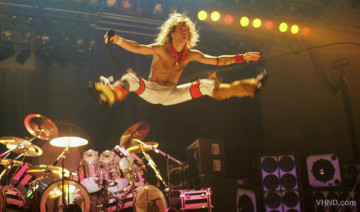 Oxfordshire security outfit Sophos has seen its shares jump after its sales figures for its first financial year as a publicly traded company shot through the roof.
Oxfordshire security outfit Sophos has seen its shares jump after its sales figures for its first financial year as a publicly traded company shot through the roof.
Shares in Sophos went up by four per cent after it announced its first set of financial results as a publicly traded company. The security company floated on the London Stock Exchange last year and has drifted into billings growth of 19.7 per cent to $534.9 million in the 12 months ended March 31.
Cash earnings before interest, taxation, depreciation and amortisation were up 31.6 per cent, to $120.9 million.
Sophos chief executive Kris Hagerman said that he was jolly pleased of the outfit’s strong performance during our first year as a public company.”
“The year has been marked by sustained strength across all major regions and product categories, with our financial and operational performance exceeding the Board’s expectations set at the start of the year and at the upper-end of our revised outlook.
“Our leading product portfolio, innovation to drive our strategy of synchronised security, commitment to ‘security made simple’ and ‘channel first’ sales strategy enabled us to grow our billings and revenue across both new and existing customers,” he added.










